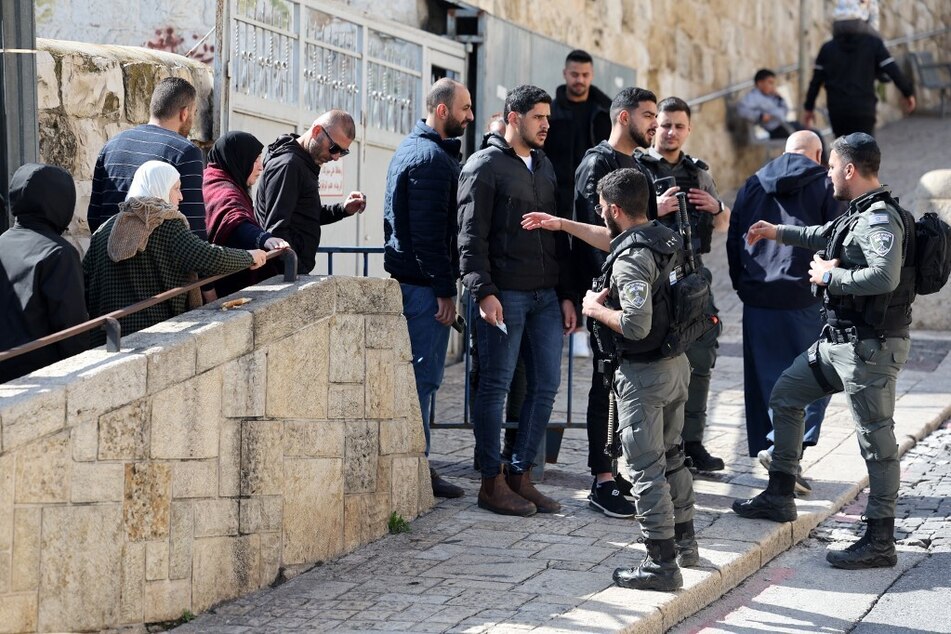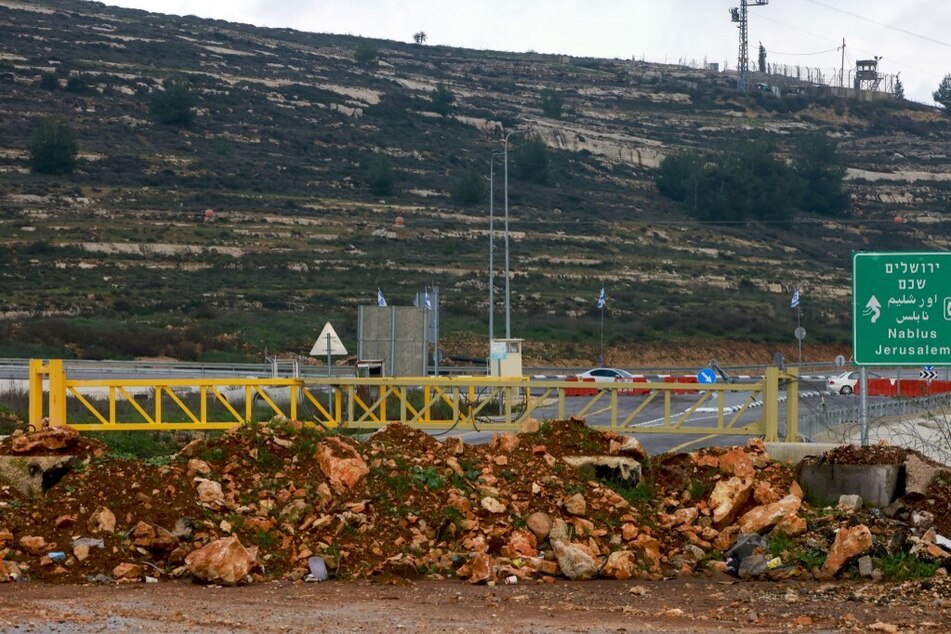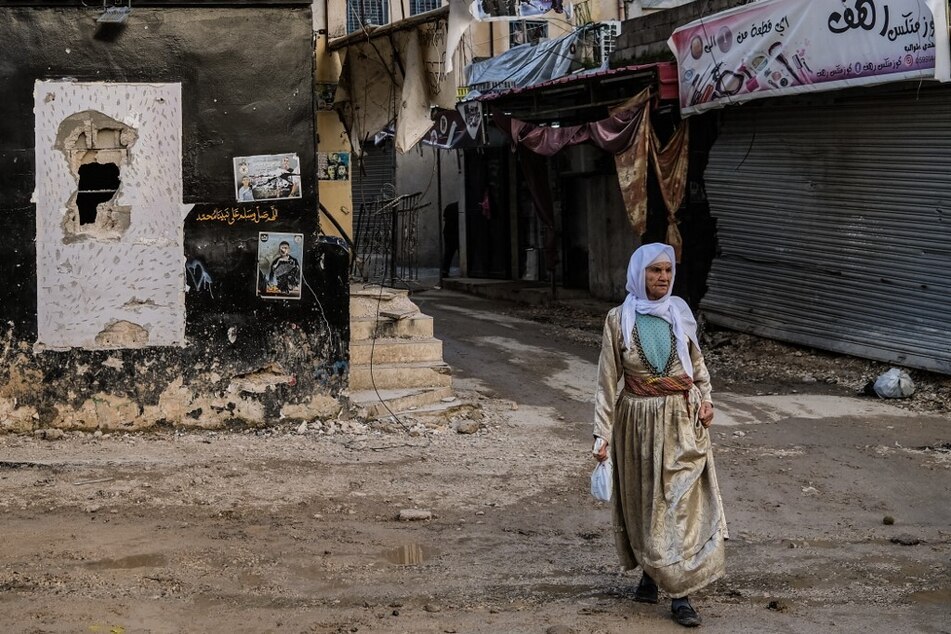Israeli checkpoints "paralyze" West Bank life as Gaza assault rages
Jerusalem, Israel - To arrive at work in Jerusalem on time, Murad Khalid must be at the Israeli checkpoint by 3:00 AM, despite living nearby in the occupied West Bank – a constant challenge made worse by the ongoing Gaza assault.

The 27-year-old said he and other residents of Kafr Aqab neighborhood in Israeli-annexed east Jerusalem – located on the West Bank side of the barrier – are subjected to a "security check that may take an hour for each car" at Qalandia crossing.
Israeli movement restrictions have long made life difficult for the 3 million Palestinians living in the occupied West Bank.
But since the outbreak of Israel's war on Gaza, traffic has become "paralyzed," said Palestinian Authority official Abdullah Abu Rahmah.
The number of checkpoints and barriers in the Palestinian territory has greatly increased since October 7, adding hours to already lengthy commutes and forcing residents to either wait at the checkpoints or take long detours.
Largely unaffected are the 490,000 Israelis living across the West Bank in settlements – considered illegal under international law – who can bypass Palestinian communities on roads built especially for them.
Israel targets Palestinians in Gaza and the West Bank

It used to take accountant Amer al-Salameen just half an hour to drive from his home in the city of Ramallah to his parent's village Al-Samou.
But with the new restrictions, the journey has turned into an "exhausting, tiring, and uncomfortable" four hours, said the 47-year-old.
"I used to visit my family every weekend with my wife and children. But today, I fear that something might happen on the road."
Israel, which has occupied the West Bank since 1967, has stepped up raids into Palestinian communities since Hamas' October 7 attack, which resulted in the deaths of more than 1,160 people in Israel, mostly civilians, according to Israeli figures.
Israel's brutal siege and indiscriminate bombing of Gaza has killed at least 27,947 people in just over four months, most of them women and children, according to the territory's health ministry.
In the West Bank, more than 380 Palestinians have been killed by Israeli troops and settlers over the same period, according to the Ramallah-based Palestinian health ministry.
Scores more have been arrested.
Israeli occupation blocks Palestinians' ability to move freely in their own homelands

The Israeli army told AFP the additional barriers are "in accordance with the assessment of the situation in order to provide security to all residents of the sector."
Recently, an AFP team leaving Jerusalem at 8:00 AM for the northern West Bank city of Tulkarem – normally a trip of just two hours – arrived there at 1:30 PM, following dirt roads through villages to get around the barriers.
The journey from Jerusalem to Jenin, also in the north, now similarly takes five hours instead of two.
Immediately after the October 7 attack, the Israeli army shut the road between the town of Huwara and Nablus, a major northern Palestinian city.
According to an AFP photographer, the army has also closed off the main entrances to most villages around Hebron in the southern West Bank, forcing residents to take dirt roads through other villages to access cities.
Student Lynn Ahmed says her usual one-hour drive from Tulkarem to Birzeit University, north of Ramallah, now takes more than three "due to closures and the destruction of some roads."
Given such difficulties, Birzeit and other Palestinian universities in the West Bank have returned to remote learning.
Israel first erected military checkpoints in the West Bank following the first Palestinian uprising or intifada in 1987, but the number increased after the start of the second intifada in 2000.
Since then, earthen barriers, gates, or cement block around 700 roads across the West Bank, according to the Palestinian Authority's Abu Rahmah, who heads a team monitoring settler activity.
Cover photo: AHMAD GHARABLI / AFP

